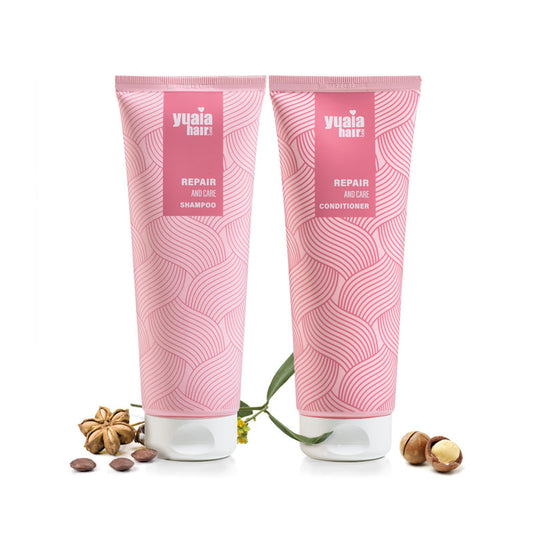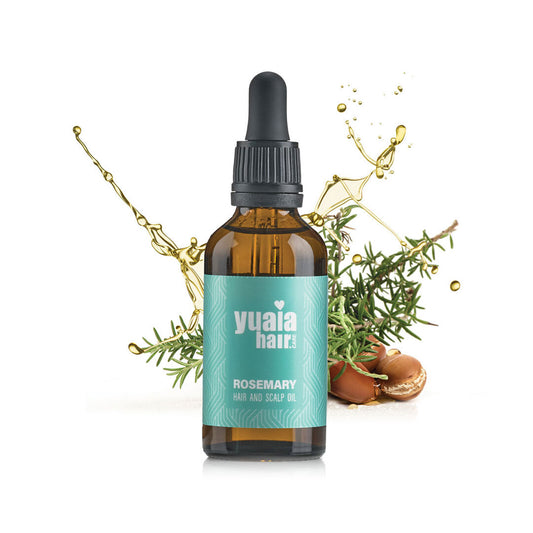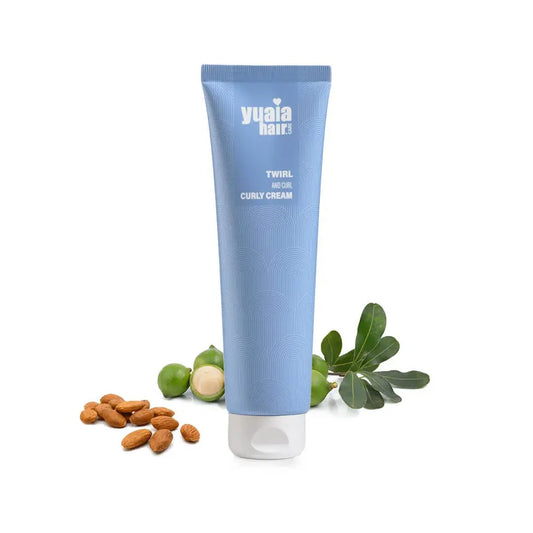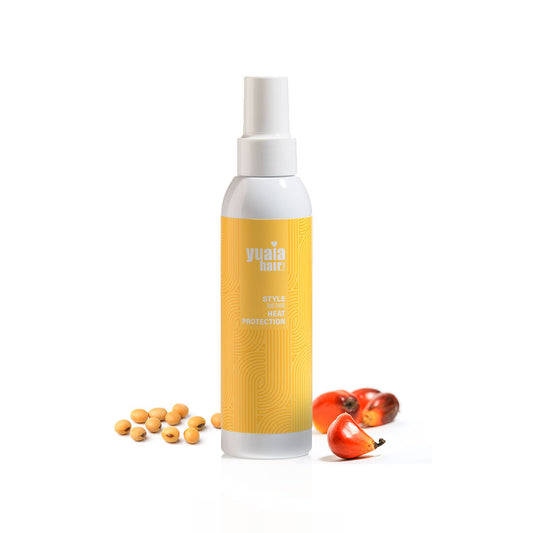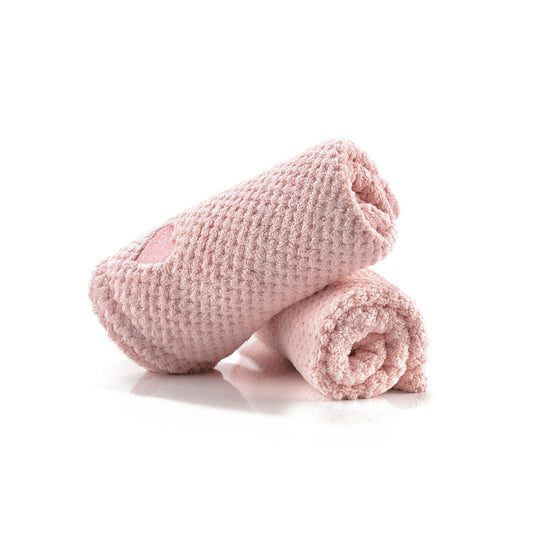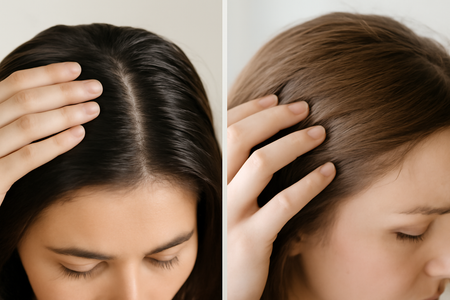
Understanding combination scalp issues
While some people have a straightforward oily or dry scalp, others experience a combination of both. This can manifest as an oily scalp with dry hair, leading to a unique set of challenges. It's important to recognize this combination to avoid exacerbating either condition with improper care.
Mixed symptoms may arise from over-washing or using products not suited for your scalp type. For instance, frequent washing can strip the scalp of natural oils, prompting it to produce even more oil, while the hair remains dry and brittle. Conversely, using heavy conditioners on an oily scalp can lead to further oiliness and buildup.
Unique challenges of combination scalps
Managing a combination scalp involves striking a balance between addressing oiliness and dryness. Here are some tips to help you navigate this complex issue:
- Use a lightweight hair oil to nourish dry ends without weighing down an oily scalp. Our rosemary hair oil can be applied sparingly to the tips of your hair to boost moisture where it's needed most.
- Consider alternating between shampoos formulated for oily and dry scalps. This can help maintain balance and prevent either condition from worsening.
- Be mindful of your washing frequency. Washing too often can exacerbate oiliness, while not washing enough can lead to buildup and dullness.
Effective hair care tips
Choosing the right products and routines is essential for maintaining scalp health, whether your scalp is oily, dry, or a combination of both. Here are some strategies to help you manage your specific scalp type effectively:
Product selection
Using the right products can significantly impact your scalp's condition. For those with oily scalps, it's crucial to use sulfate- and silicone-free options. These formulations help manage oiliness without stripping the scalp of its natural oils. If your scalp is dry, opt for gentle, hydrating products that can restore moisture and soothe irritation.
For curly hair, consider using a product like our Twirl and Curl curly cream to enhance curls while maintaining scalp health. This product is designed specifically for curly hair, providing definition and moisture without adding weight.
Routine adjustments
Adjusting your hair care routine based on your scalp type is essential. Here are some routine adjustments to consider:
- For oily scalps, try to extend the time between washes to allow natural oils to balance out. When washing, focus on the scalp to remove excess oil while avoiding over-cleansing the hair.
- If you have a dry scalp, consider reducing the frequency of washing and using lukewarm water instead of hot water to prevent further dryness.
- Incorporate a heat protectant spray if you use styling tools. This can help prevent damage and maintain moisture levels.
By understanding your scalp type and adjusting your hair care routine accordingly, you can maintain a healthy balance and achieve the best results for your hair.
Additional considerations for scalp care
Understanding your scalp type is the first step, but maintaining its health requires ongoing attention to several factors. Here are some additional considerations to ensure your scalp remains in optimal condition:
Environmental influences
Environmental factors, such as humidity, pollution, and seasonal changes, can significantly impact your scalp's condition. Humid conditions can exacerbate oiliness, while cold, dry climates can lead to increased dryness. It's important to adapt your hair care routine to these external conditions. For example, during colder months, using a microfiber towel can help reduce frizz and retain moisture after washing.
Scalp massage benefits
Regular scalp massages can improve blood circulation and promote a healthier scalp environment. Using gentle circular motions with your fingertips can help distribute natural oils evenly and relieve tension. For those with an oily scalp, a scalp massage can help manage sebum production, while those with dry scalps may benefit from the increased circulation that aids in moisture retention.
Choosing the right pillowcase
The material of your pillowcase can also affect your scalp's health. Bamboo pillowcases are an excellent choice as they are gentle on the skin and hair, helping to maintain moisture balance and reduce friction. This can be particularly beneficial for those with sensitive or dry scalps.
Frequently asked questions
How often should I wash my hair if I have an oily scalp?
For those with an oily scalp, finding the right washing frequency is important. Washing too often can strip the scalp of natural oils, prompting it to produce more oil. Aim for every other day or every two days, adjusting as needed based on how your scalp feels.
Can environmental factors affect my scalp type?
Yes, environmental factors such as weather changes and indoor heating can influence your scalp's moisture levels. Humidity can increase oiliness, while dry, cold air can exacerbate dryness. Adjusting your hair care routine to these conditions is important for maintaining a balanced scalp.
What should I do if I have both oily and dry scalp symptoms?
If you experience both oily and dry scalp symptoms, it's important to tailor your hair care routine to address both issues. Consider alternating between products made for oily and dry scalps, and focus on nourishing the hair ends while managing oil on the scalp. Using lightweight oils sparingly and balancing washing frequency can help maintain overall scalp health.
 2-5 day delivery
2-5 day delivery
 25.000+ satisfied customers
25.000+ satisfied customers
 Satisfaction Guarantee
Satisfaction Guarantee



















